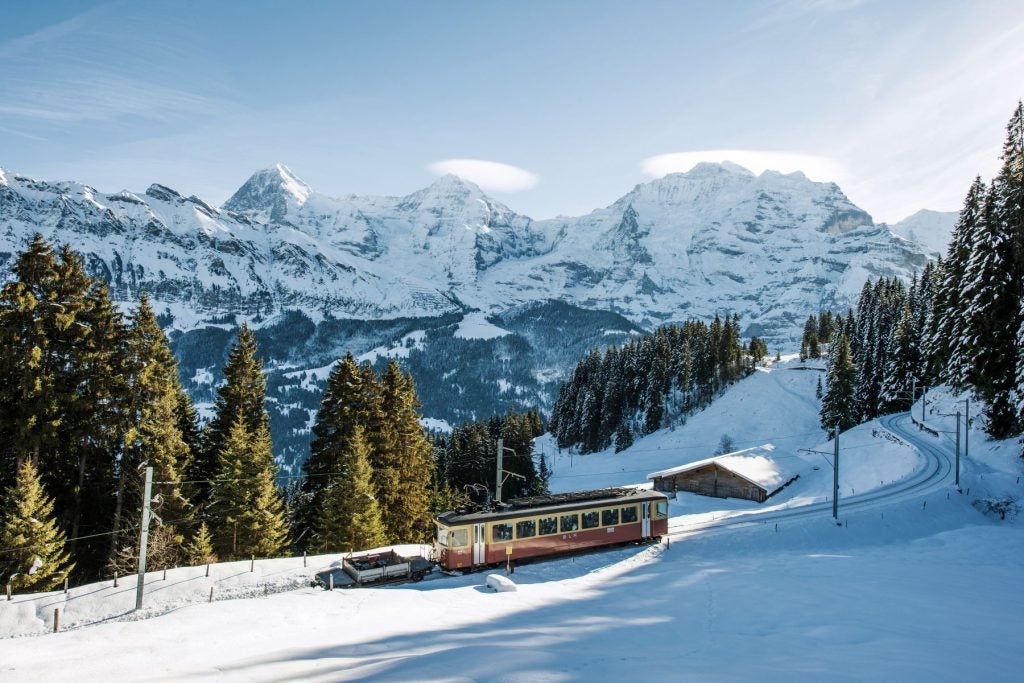Ahead of World Tourism Day on 27 September, Jungfrau Railways, in the UNESCO World Heritage Site Jungfrau region of Switzerland, is aiming to promote sustainable tourism in the region.
Since 2020, Jungfrau Railways, along with several destination tourism boards and tour providers, has been working with the University of Bern to pursue a "carbon neutral tourism region by the year 2035.
Promoting sustainability throughout its daily operations is a primary aim for the historic mountain railway company in Switzerland, which operates several long-distance gondolas, ski lifts in the winter season, and cogwheel trains.
Jungfrau Railways recently set forth seven Sustainable Development Goals, committed to climate protection, careful use of nature, gender equality and opportunity, and more. These are reminiscent of the 17 SDG’s set forth by the United Nations in 2015 aimed at curbing climate change.
The rail operator also calculates its carbon footprint based on CO2 emissions and proposes active changes that could be made to help lower it.
Beginning in 2024, the Railways’ reporting will adhere to the “Universal Standards” devised by the Global Reporting Initiative. Considered the ideal measure for environmental reporting, the GRI Standards are a structured public reporting system that brings full transparency and accountability to an organisation’s operations.
The Jungfrau region has similarly taken strides towards informing the public of risks and opportunities the area faces due to climate change.
The Swiss hamlet Grindelwald has developed tourism hiking trails and student courses based on different themes, from climate change to electrical and sustainable power.
Sustainable tourism is important for Switzerland, as international arrivals to the country grew 119% in 2022, according to GlobalData’s travel and tourism intelligence.















